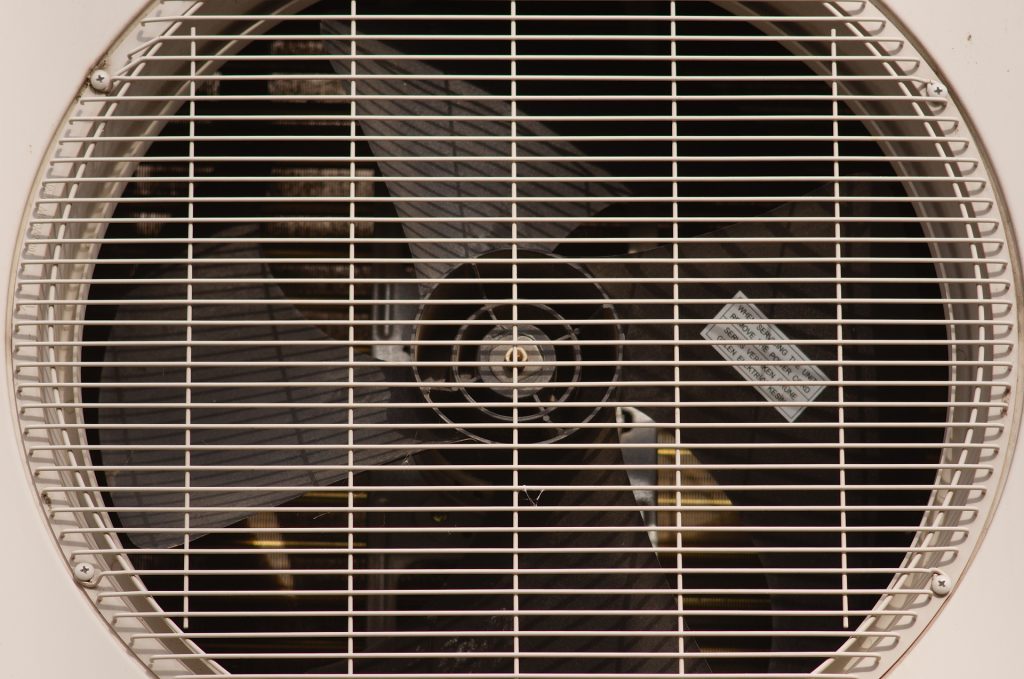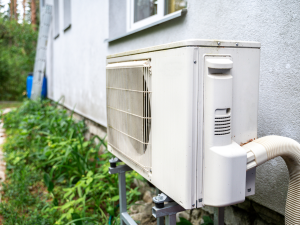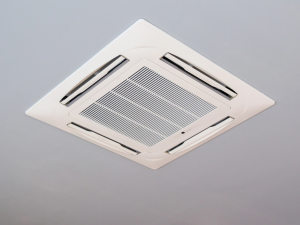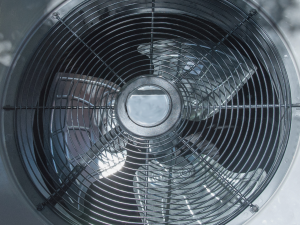The life span of your air conditioner may have run out. Those frequent visits from your HVAC technician can get tiring not to forget the extreme temperatures in the winter or summer when the air conditioner breaks down. And the only choice would be to replace the entire system or incur costly repairs often. However, the decision on whether to repair or replace an air conditioning unit is not a two-minute process.
There are many factors that you have to consider that affect your safety, comfort and finances. And if it is your first time replacing an air conditioner, you may be unsure of what to expect. From choosing the right air conditioner for your use, getting a reputable HVAC technician to installation, all these can be quite a headache. Luckily, we have come up with essential tips to help you navigate the replacement of your air conditioner. If you plan to install a new AC, don’t hesitate to contact Clover Contracting.
Why should you replace your old air conditioning unit?
- The age of your HVAC equipment– The lifespan of air conditioners differs based on the manufacture, usage and maintenance. While some air conditioners can last for 15-20 years, others can only last for 8-15 years. The variance in the lifespan may be caused by capacity, quality and efficiency. If your AC works longer and harder and is not well maintained, its lifespan can be significantly reduced. Why is the lifespan of an air conditioning unit vital? If you start experiencing problems with your 22-year-old air conditioner, then a replacement may be better as opposed to constant repairs.
- The costs of repairs– Just how much have you spent on the AC repairs in the past month? Sometimes, this can be insanely high. For instance, if your AC develops a refrigerant leak, the cost of filling the refrigerant can be very high. If this is a regular problem, you could end up spending more on the repairs compared to the cost of a new air conditioning unit.
- Have your energy bills increased? – Many factors could lead to an increase in your energy bills. And one of them is a malfunction in your air conditioning unit. This happens when air conditioners lose efficiency from wear and tear. While repairs may help to keep them running, an inefficient AC system will use more energy, leading to the increased energy bills. As they age, AC systems lose the original SEER ratings.
- Poor indoor air quality– This can be a problem for people who suffer from asthma, allergies and other respiratory problems. The AC should filter common indoor air contaminants such as smoke, dust and chemicals. If this problem is not resolved even after several repairs, then you might want to replace your air conditioning unit.
Purchasing a new air conditioning unit is not similar to picking a new pair of shoes in the store. If wrongly chosen, you could find yourself with an insufficient system or even go deep into debt, more so if you are not keen on the initial cost and the maintenance costs. And if unprofessionally done, you will not have solved those frequent visits with your technician.
Here is a guide when replacing your old air conditioning unit.
- Determine the type of air condition unit that is suitable for your needs
Like we mentioned, there is a wide variety of air conditioning units. And selecting the right one can be daunting. Yet, it is the most essential step when replacing your old air conditioning unit. Working with a qualified and experienced technician can help you determine the ideal solution based on your home needs, budget, living space and climate. Luckily, there are many different types of air conditioners such as central air conditioners, ductless air conditioners, portable air conditioners and window air conditioners. All these have pros and cons. And that’s why we are stressing about working with a qualified technician to guide you in this.
When shopping around for an air conditioning unit, be on the lookout for:
- The SEER rating- SEER ratings measure the efficiency of an AC unit. The higher the SEER rating, the higher the efficiency.
- Load calculation- Ensure that you have a load calculation performed before buying the AC unit. This will help determine the appropriate size for the home. Your HVAC technician may need the size of the house, roof material, climate zone, number of appliances and directional orientation.
- Have an estimate of the cost of the air conditioning unit and installation costs
Air conditioning units vary in cost. Different variables such as efficiency, equipment size and even the local climate affect the price of the system. Ensure you have a budget and work around it. However, always consider the efficiency most as opposed to opting for the cheapest option. Another factor to consider is the cost maintenance checks. You will also incur replacement costs depending on the work required. For instance, the installation may include resealing of doors and windows, upgrading the crawl space or attic, replacing damaged ductwork and drywall repairs.
- AC Placement
The placement of the AC is pivotal when it comes to efficiency and saving costs. Always ensure that the unit is placed away from heat sources be it kitchenware or even in a position close to sunlight. Also, the AC should be placed in a place where there is no interruption of airflow as well as away from electrical appliances. All these considerations have to be made before the installation.
- Get ready for the air conditioning unit replacement
Most AC unit replacements have no complications. However, you need to ensure that the installation location is ready. This means moving valuable items, pets as well as ensuring that children do not access the area during the installation. Expect household furniture to be moved or covered as a safety precaution. The technicians may need to gain access to the crawl spaces, basements or attic areas.
- The installation
Your AC unit should be installed based on the manufacturer’s specifications. Among the components installed may include new refrigerant lines, condensate drain lines, thermostat, the inside air evaporator, the condensate pump and the condensing unit. Major changes in the electrical system and circuit breakers may be required.
Once you have replaced the air conditioning units, do not forget to carry out regular maintenance checks. Technicians can easily spot possible issues and repair them before they lead to system breakdowns. Also, ensure you do not have shoddy installations by working with qualified technicians.








